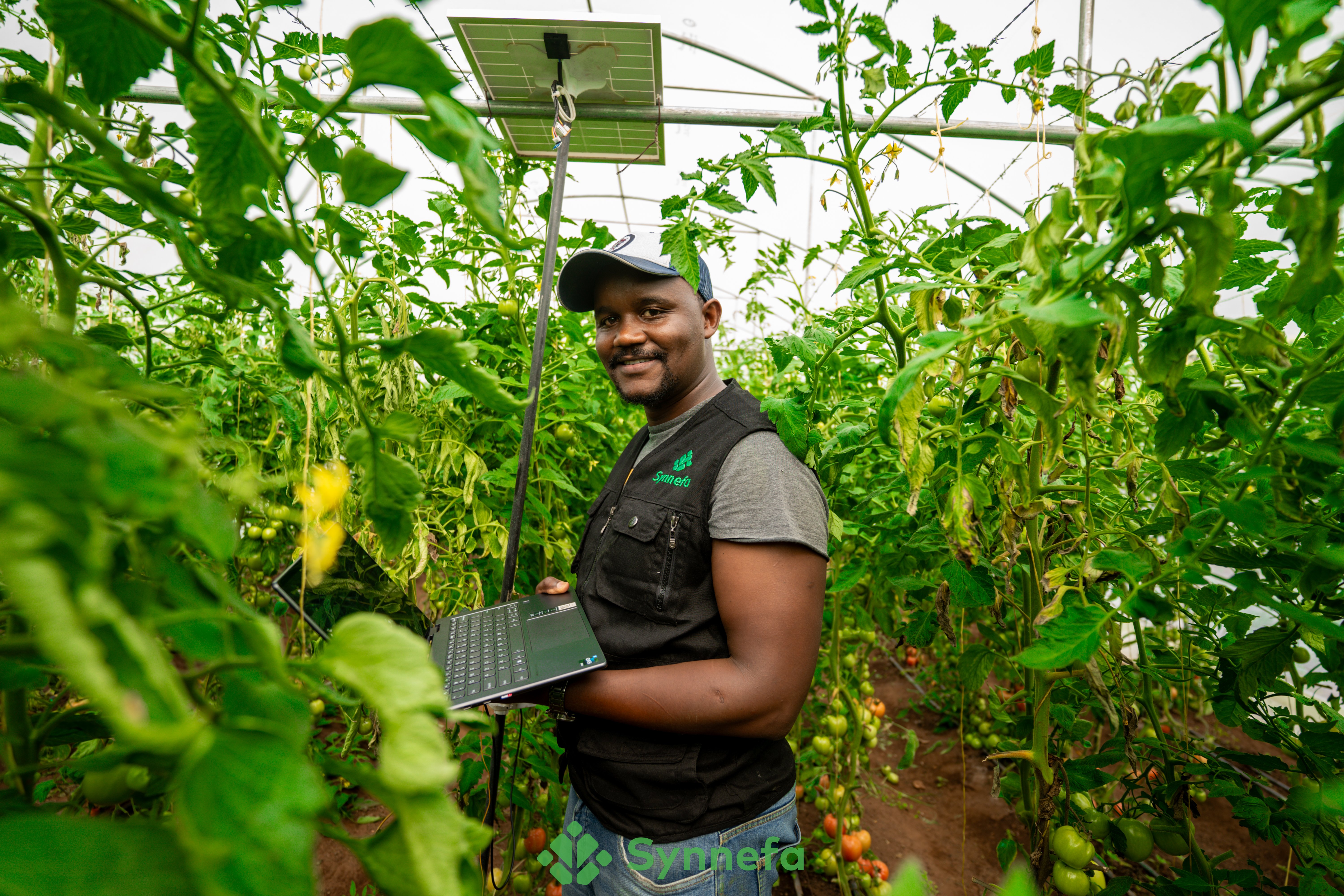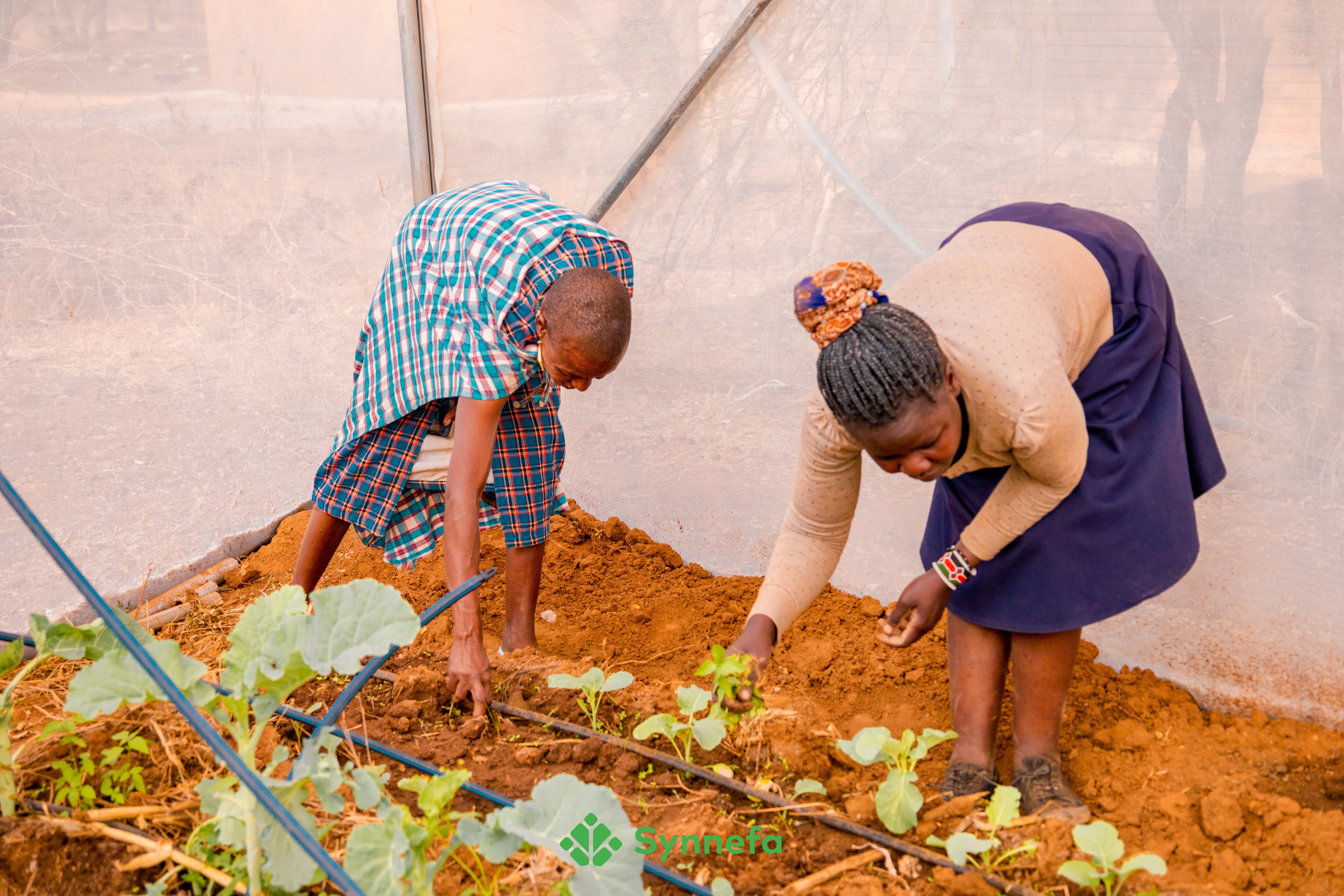Does Digital make Agribusiness Attractive for Youths?

Most rural people, particularly in Sub-Saharan Africa, depend on agriculture for their livelihoods. In Kenya, rural households who are mainly smallholder farmers rely on agriculture for most of their income. The agriculture sector plays an important role in employment creation. However, the sector is reportedly dominated by the elderly people while youths tend to shy away.
Social media is changing the way people interact with their communities. Farmers, too. The future of agriculture is changing, and it’s not just because of climate change. Today, farmers are having to compete with social media, which means that the youth are finding farming more attractive.
These youths are actively involved on social media platforms hence social media have been used to promote their participation in agriculture. However, how utilization of such social media platforms affected their participation in agriculture did not seem like something to look out for until a few years ago.
The Digital Disruption
Africa’s youth are already interested in agriculture, but they are engaging differently, and current systems are not meeting their needs. Significant numbers of Africa’s rural youth are using social networks to build vibrant communities of young farmers. For example, Digital Farmers Kenya, is a closed Facebook group with over 200,000 mostly young farmers spread all over Kenya. Dairy Farmers Kenya and similar digital communities across the continent allow young people to support and encourage each other. Networks are built, online communities continue to expand and knowledge is shared on a daily basis; this is enough influence to young and upcoming farmers to not only see farming as a job but also as an inspiration.
Needless to say that social media plays a major role in youngsters’ lives nowadays. It is a very important tool to influence the way youth see things. This channel is ideal to educate and help them understand the agricultural sector better and the huge wealth opportunities awaiting them. Because the key role of youth in agriculture extension cannot be emphasized enough.
Partnerships’ between tech-savvy younger members of farm families and their ageing parents – today’s farmers – are an entry point to engage youth in farming. The stories shared about farming encourages the youth who still second guess themselves and propel them into making the decision to start farming. There is a ripple effect when successful stories of young farmers are shared online and picked by fellow youth who did not have interest in farming before.
ICT and Agricultural development
The World Bank recognizes the power of Mobile Phone in stimulating economic growth, with a capability of stimulating entrepreneurship and productivity within an economy (World Bank, 2012). Nowadays market prices, access to agricultural input are all facilitated by Mobile phones, therefore increasing access to information.
Information no longer flows through the normal slow pace of yesteryears, social media has sped up this hitherto slow pace. It is no longer surprising that happenings in European and around the world can reach an individual in remotest village of Africa with a click of a button, such is the efficacy provided by the the internet
Virtual agricultural summits also play a role in convincing the young farmers that they are doing something tangible. The support from stakeholders and seriousness that comes with these summits are a powerful gesture that goes along way.
Conclusion
Challenging the mindset of youth that agriculture is a life of toil, hardship and poverty is not easy, but it can be done – and must be done to secure our future food security. By catching children young and showing them the potential of agriculture as a challenging but rewarding business, we can bring a new generation to the farms. But we also have to engage with current farmers to change their mindset from one of subsistence and hand-to-mouth existence and build a sense of professionalism around agriculture. We have the tools to do this, especially media and social media. Now, we have to tell the stories that make agriculture great again.


